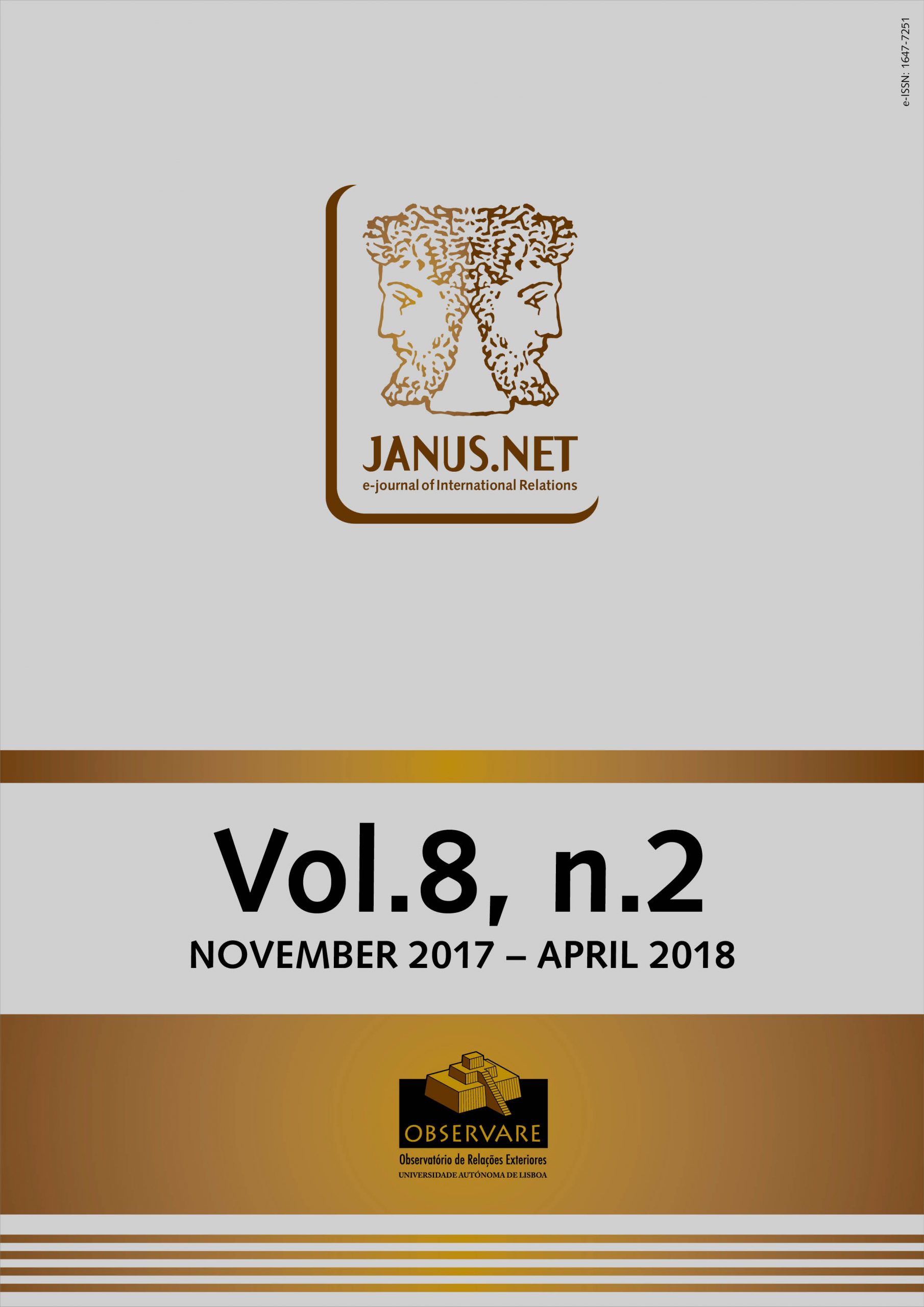Abstract Subversive war has returned to have increased importance in different international scenarios in which major Western powers are involved. These complex scenarios, in some cases even insurgency and counter-insurgency phenomena, were joined by a very different phenomenon: terrorism. Therefore, and given the conceptual confusion and baneful practical consequences of a misevaluation of what a subversive war and concomitant strategies mean, it is imperative to revisit through the doctrine of the Portuguese School of Strategy and the Portuguese experience in the field, as they configure, even today, judicious axes to understand the nature of the typology of the conflict in question.
THE SUBVERSIVE WAR DEALS WITH THE PORTUGUESE STRATEGIC SCHOOL AND THE PORTUGUESE EXPERIENCE IN THE AFRICAN COLONIAL WARS
»
Lecturer at the Department of Political Studies of the Faculty of Social and Human Sciences, Universidade Nova de Lisboa (Portugal).
Resumo
A guerra subversiva voltou hoje ter uma importância maior em diferentes cenários internacionais onde estão envolvidas as principais potências ocidentais. Cenários esses complexos, até porque, em alguns casos se veio juntar aos fenómenos de insurgência e contra-insurgência um fenómeno muito distinto como é o terrorismo. Assim sendo, e dadas as confusões conceptuais e nefastas consequências práticas de uma má avaliação do que significa uma guerra subversiva e concomitantes estratégias, impõe-se repassar pela doutrina da Escola Estratégica Portuguesa e pela experiência portuguesa no terreno, porquanto configuram ainda hoje os eixos mais atilados para compreender a natureza da tipologia de conflito em causa.
Palavras-chave
Como citar este artigo
Fernandes, António Horta (2017). “The subversive war deals with the Portuguese Strategic School and the Portuguese experience in the African colonial wars”. JANUS.NET e-journal of International Relations, Vol. 8, Nº. 2, November 2017-April 2018. Consulted [online] on the date of last consultation, DOI: https://doi.org/10.26619/1647-7251.8.2.3
Article received on 26 April, 2017 and accepted for publication on 30 June, 2017















